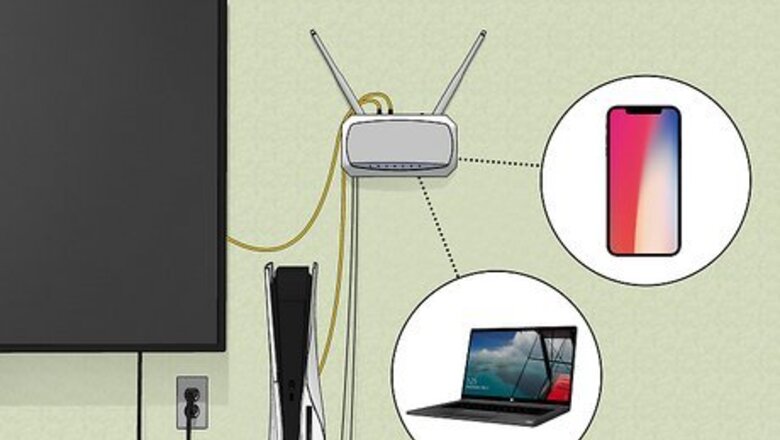
views
- Mesh Wi-Fi systems involve one base router with a handful of nodes to help push the Wi-Fi signal around your house.
- If you're interested in smart home technology, a mesh router can help ensure your tech is always online.
- For people with small houses or apartments, mesh Wi-Fi could be overkill.
What is a mesh router?
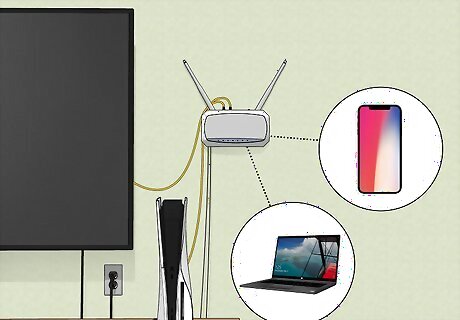
Most people are probably used to a traditional Wi-Fi router set up. This involves one router as an access point that your devices can connect to. In contrast, a mesh Wi-Fi system has one router as a base point that transmits the Wi-Fi signal to “satellite” nodes dispersed around your home.
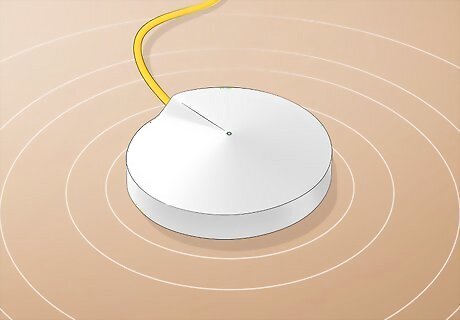
A mesh router can be preferable to a Wi-Fi range extender. This depends on the size and layout of your home, as range extenders can make your signal weaker the farther out it has to go. Mesh routers also share the same network, so you don’t have to reconnect your devices when you move around your house.
Why would you want a mesh router?
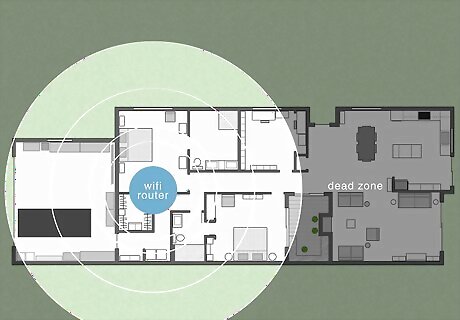
Mesh routers may help if your house has Wi-Fi "dead zones." A dead zone is a spot in your house where the Wi-Fi signal is either weak or does not reach. Dead zones happen more often in large homes (over 3,000 square feet), homes with brick or concrete interiors, homes with unusual layouts or homes with more than two stories.
Pros and Cons of a Mesh Router Versus a Traditional Router
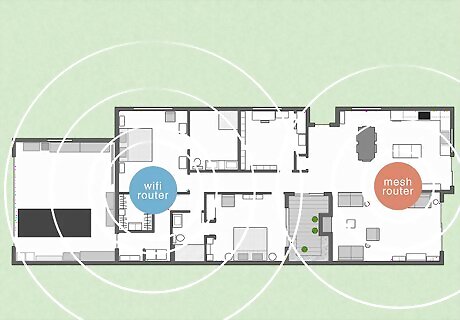
Mesh router systems blanket your home with a Wi-Fi signal. This can be helpful if you’ve noticed dead zones in your house. But there are some more pros to consider when thinking about a mesh router. If you are interested in introducing smart technology to your home, like lighting and thermostats, having a strong Wi-Fi signal in every room is a must. A mesh Wi-Fi system can help achieve that. A mesh Wi-Fi router is a single network, which differs from a Wi-Fi range extender. Range extenders can help push signal into the dead zones of your home, but you have to reconnect your devices if you move them into the range extender’s zone. With mesh Wi-Fi, you don’t have to worry about reconnecting as you move around your house. If you experience an outage with one node, your entire network doesn’t go down. Mesh routers are self-healing—if one of the points stops working, the internet signal will be routed to a different point.
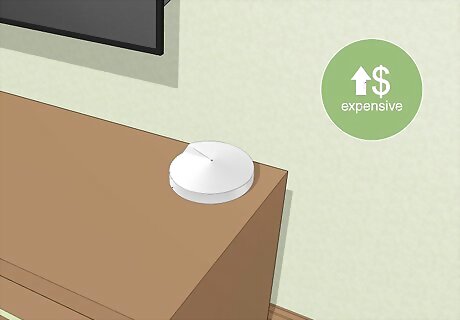
There are some cons to this technology as well. Not every piece of tech will be good for all situations, so take into account these points before deciding if a mesh Wi-Fi system is right for you. Mesh routers can be very expensive. While many of these systems can use your existing router as a base station, nodes can easily cost a couple hundred dollars. Depending on the size of your home, you may need only one node but you could need up to three or four. Range extenders, by comparison, usually cost $100 or less. If your home isn’t very big and you don’t have any or many dead zones, a mesh system may be too much for your situation. Range extenders or a better traditional router with a wider range may solve your problem. While it may not seem like a dealbreaker to some, a mesh router system means you will have more equipment in your home. If you prefer a minimalist style or don’t like the look of tech equipment out in the open, a mesh router system might not be enticing for you.
Do I need a mesh router?

So, do you need a mesh router system in your home? The answer involves a few variables, but if you have a large home or a home with a lot of dead spots, are interested in smart home technology, or already have a range extender but are unhappy with the performance, you may want to consider this type of network for your home. On the other hand, if you live in a smaller home or apartment and you don’t notice any dead zones, a mesh router system may be overkill. If you are having issues with your Wi-Fi signal in general, there may be other problems with your network that a mesh router system may not fix.




















Comments
0 comment